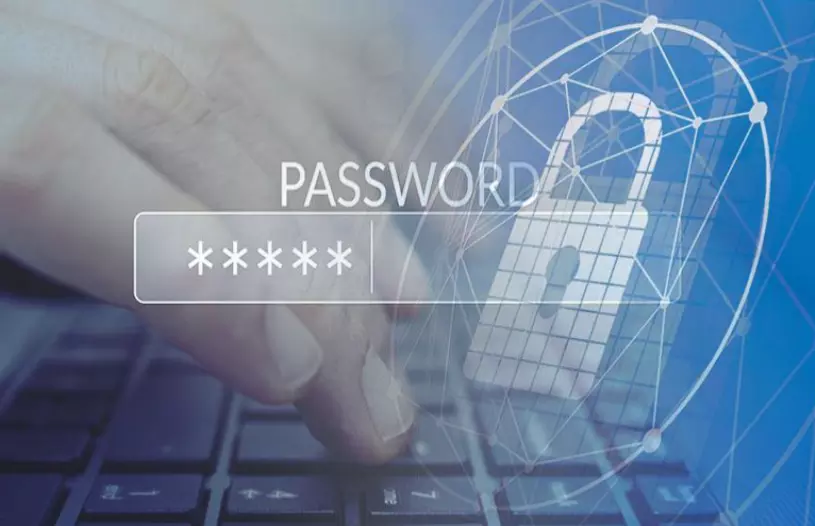Are you really safe from identity theft?

Can you imagine how it must feel to be arrested for a crime you didn’t commit? How would it feel to receive a phone call from the credit card company demanding payment of your outstanding balance, when you know you haven’t used your credit card at all in the last month? If you become a victim of identity theft, you can learn firsthand what it feels like.
Some have called identity theft the perfect crime, since anyone can potentially fall victim to it. Millions of victims are already being discovered each year, and the sooner you start taking steps to prevent this from happening to you, the better. Don’t risk thinking it’s going to get better – once your identity is stolen, it can take years to get your life back on track.
Do you know how hackers hack our smartphones without telling us? In the Dark Web, hackers have a lot of tricks to hack smartphones, computers, bank accounts e.t.c . They generate a malware app and install it in our phones. Now the question is here how they can install software in our phone without our permission? They send us a malware link and when we click on that link it automatically install the malware software in our phones. By this, they get all access of our phone.
You must follow these steps to protect your phone from being hacked
- First of all, you should study about it carefully from the internet. Just open Google and search this query in the Google. And Google will show you many results. Now go URL to find out how to make your phone impossible to track? Follow the guidelines given in search results.
- Don’t give your phone to any stranger.
- Always use a VPN when you are searching a restricted website.
Identity theft happens when somebody utilizes your own data to mimic you. The most common reason your identity is stolen is fraud, or occasionally other criminal activity. Once a criminal has your personal information such as your full name, date of birth, passport, license number, social security number and bank information, the information will be used for the criminal’s financial gain. He can pretend to be you and apply for a loan or credit card, buy goods and services, or at a more basic level, drain your bank accounts.
In more extreme cases, a thief can also falsely claim pensions, education aid or medical benefits using fake birth or immigration documents. The receiving agency considers the documents to be valid, and authorizes payments.
Identity theft is on the rise, primarily because it’s so hard to track down criminals once they choose to disappear. Since all their transactions are done in your name, they remain essentially anonymous. So as far as anyone else is concerned, it looks like the culprit has been dealt with by you. This can have serious consequences, especially if your identity is used in terrorist acts or major criminal activities such as drug trafficking.
There is no standard victim profile, as identity theft has happened to people of all age groups and from all walks of life. However if there is a preferred profile of the victim, it is average age, average income, with good credit history. Unfortunately, this description applies to a lot of people, which is one reason why identity theft is on the rise.
It’s not just individuals who can be victims of identity theft – businesses and financial institutions can also be affected. A criminal may steal the identity of a top executive from a business, then proceed to withdraw large amounts of money from the company’s accounts, or agree to deals or loans worth millions on behalf of the company – only to steal the money. To do and get out of there. This type of activity can devastate a business financially in a short period of time, let alone cause damage to the business’ reputation and reputation, which can be nearly impossible to repair.
With the increase in electronic data storage and Internet access, identity theft has become much easier for those with computer hacking skills. Once information is stolen, identity documents can be forged, and crimes can begin.
You’ll never be able to completely eliminate the risk of identity theft, but there are a number of things you can do to make yourself less attractive as a victim.
Always be careful about giving out personal information such as your social security number
– Destroy old credit card or bank statements – preferably burn or shred them.
– Do not write anything other than your name and address on the check.
– Avoid carrying cards you don’t need – keep only essential cards and information in your wallet
– Review your credit report regularly for unauthorized loan applications.
– Never reveal personal information over the phone, unless you have asked the company yourself.
– Clear your mailbox immediately, or forward your mail to a post office box.
The more you do to protect yourself, the lower your risk of becoming a victim of identity theft. Remember, your personal information is valuable, so treat it as you would any other valuable item.


